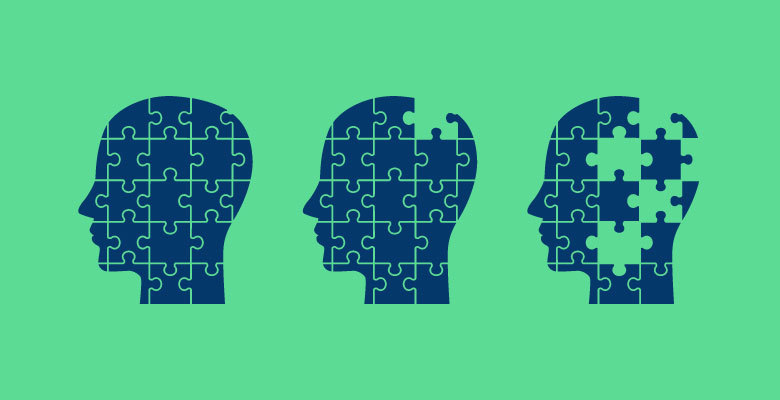If your loved ones have been diagnosed with dementia, then birthdays and other celebrations can be a chance to give them a gift that genuinely helps them. Rather than buy them something they will never use, or worse, something they can’t use anymore, you can use this as a chance to buy something that they will find useful.

Considerations For Selecting Gifts For Individuals With Dementia
There are certainly some other considerations when buying for anybody with a condition like this, and it is important to take steps to ensure that you do not offend the person you are buying a gift for.
Be Considerate and Respectful
Gifts for anyone with a diagnosed illness or issue should be considerate and respectful. While it is important to get them something that is useful it is also crucial that they don’t feel patronised. While dementia patients will like receiving thoughtful gifts they can use, they don’t necessarily want constant reminders of their condition.
Focus on Engagement
Engagement, and keeping the brain active and busy for as long as possible, should be one of the key considerations when it comes to buying gifts for those who have dementia. This can be based around their hobbies and things you know that they enjoy. An Alzheimer’s shop can trigger a lot of different ideas.
Memory Box Or Puzzle Books
Memory boxes are a good way to try and help your loved one hold onto their memories and remind themselves of things throughout their life. It can be a very positive activity and you can go through these memories with them.
Puzzle books can also give a cognitive workout for those with dementia. There are puzzle books that are specifically designed to be relaxing and not too challenging for people who are struggling with dementia, based on the different stages of dementia.
Fidget Toys Or Sensory Balls
Sensory engagement is one of the most important things for somebody who has been diagnosed with dementia.
Sensory toys can help to keep the brain active and provide a cognitive and sensory workout, as people with dementia can experience deterioration in many of their senses, keeping themselves active with fidget toys or sensory balls can make a big difference.
The repetitive, sensory nature of both fidget toys and sensory balls can be relaxing for people who have dementia, too.
Board Games Or Card Games With Simplified Rules
A lot of people with dementia still want to play the games that they used to enjoy when they were younger, but don’t want the same level of complexity. Some of the more complicated games can be tough for them to remember.
There are board games and card games out there that already have pretty simple rules, and these can be an option as a gift for somebody with dementia. There are also modified versions, sometimes aimed at children too, which have more simplistic rules.
Adaptive Clothing Or Clothing With Easy Closures
One of the things that can be stressful for people with dementia is dealing with complicated clasps or fastenings, and things like tying shoes or fastening certain types of clothing.
There are a lot of alternatives out there, and if you are used to buying clothing for those who have dementia, it is time to switch to items that are easy to put on, take off, or go to the toilet. This can help to take some of the frustration out of the process.
Massage Or Spa Gift Certificates
Dealing with conditions like dementia or being diagnosed with a serious illness can be an incredibly challenging and overwhelming experience. During such difficult times, it is crucial for individuals to take moments of respite and prioritize self-care to alleviate stress and confusion.
Nothing compares to the soothing power of a massage, which can serve as a sanctuary of relaxation amidst life’s chaos. By offering gift certificates, you provide a thoughtful and personalized gift that allows the recipient to tailor their spa experience to their unique preferences and needs.
Whenever we buy gifts for people that we care about, it is really important to think about what sort of use they can get out of it.
This is no different for loved ones with dementia, but they may need some extra thought as you consider whether the items are suitable for their cognitive abilities and whether they might make their life a little easier.







![Best Crochet Hooks for Beginners and Pros [2020 Update] best crochet books](https://www.awebtoknow.com/wp-content/uploads/2018/01/best-crochet-books-100x70.jpg)